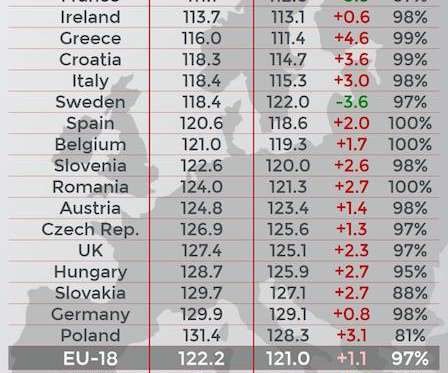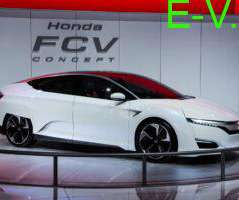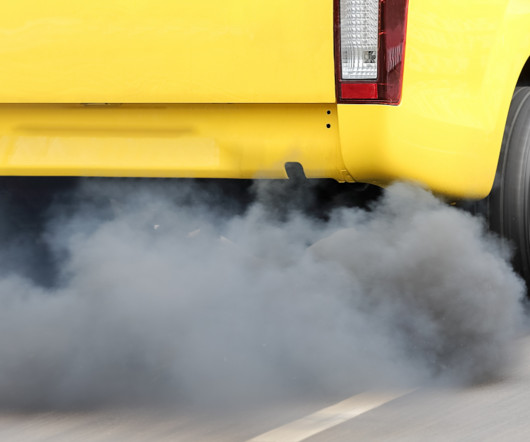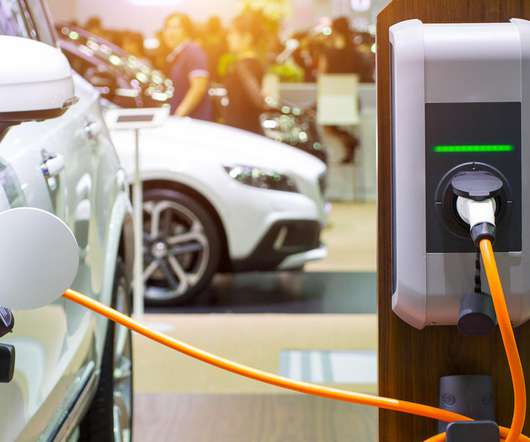UK auto industry warns anti-diesel agenda and slow uptake of EVs could mean missing 2021 CO2 targets; rising CO2 average in 2017
Green Car Congress
FEBRUARY 27, 2018
Because diesel cars typically consume less fuel than gasoline equivalents they emit, on average, 15-20% less CO 2. million strong new car market still powered, wholly or in part, by gasoline or diesel. Alongside advances in gasoline and diesel vehicle technology, the industry is investing heavily in alternative technologies.
































Let's personalize your content